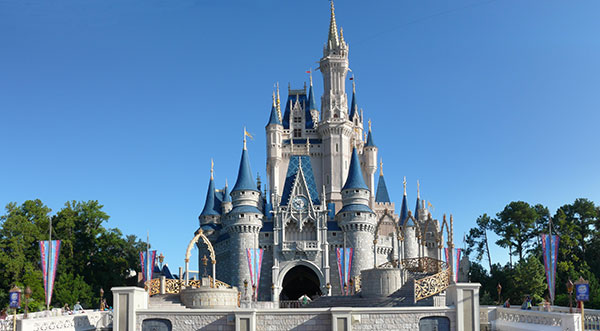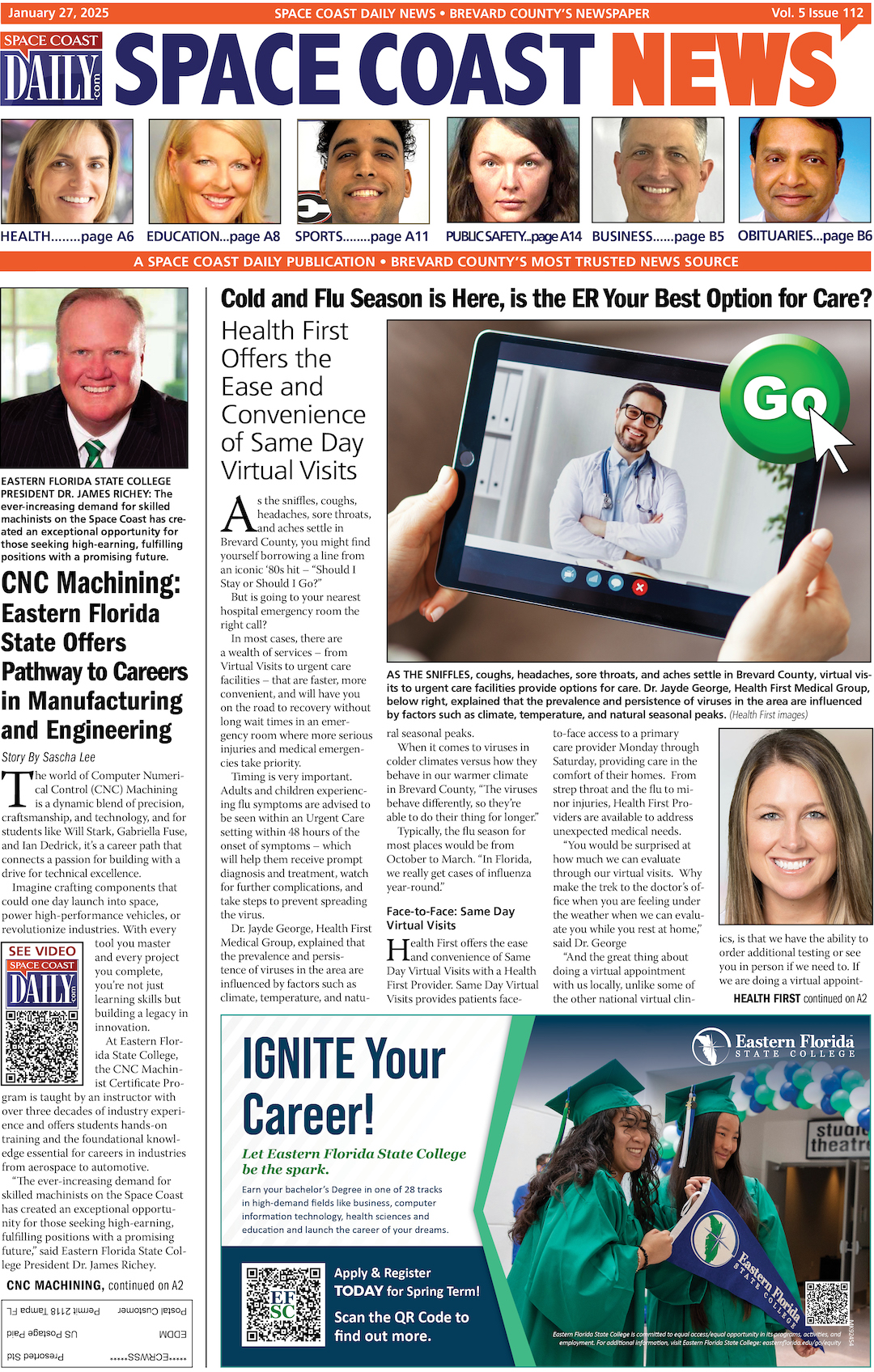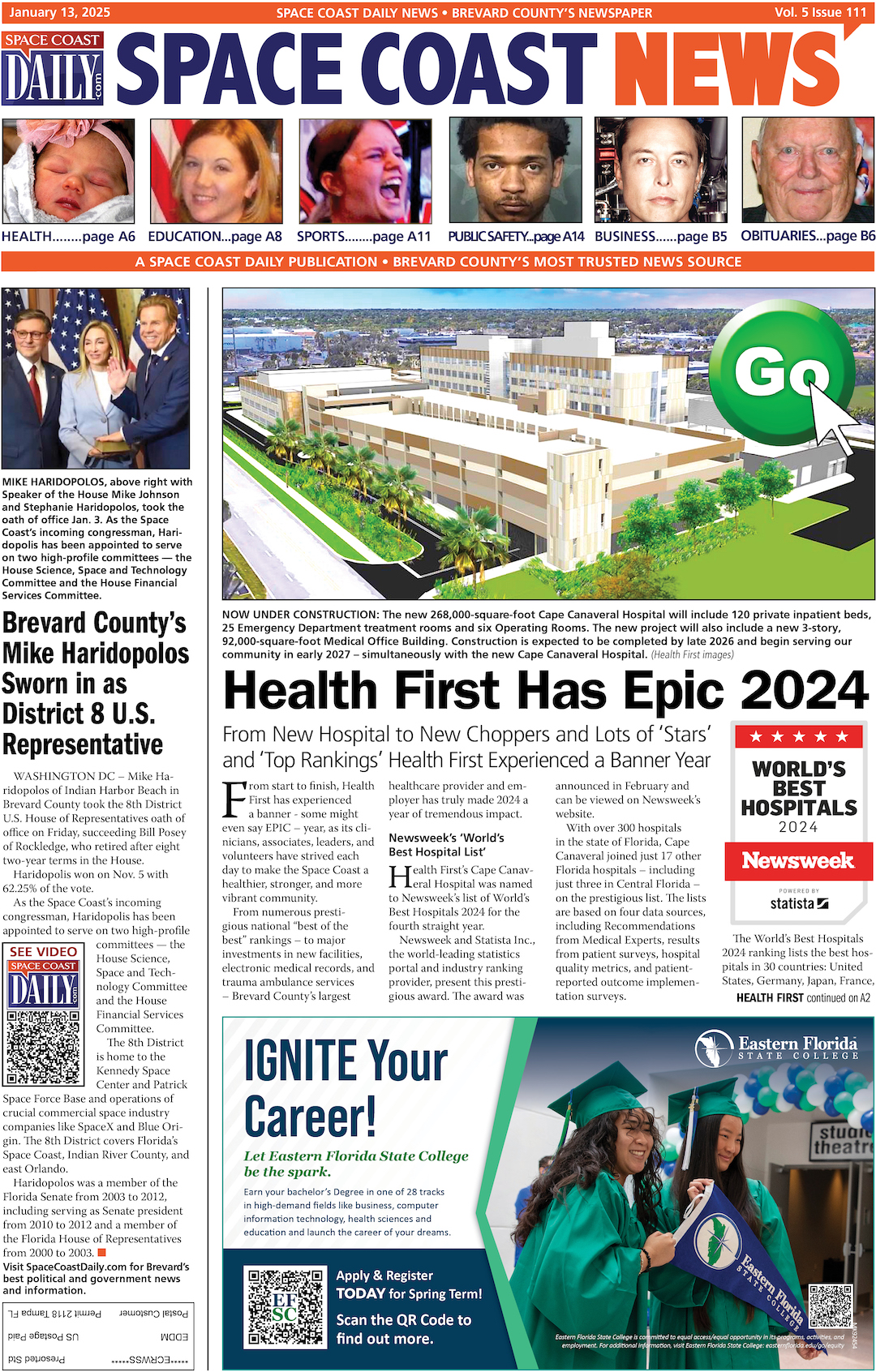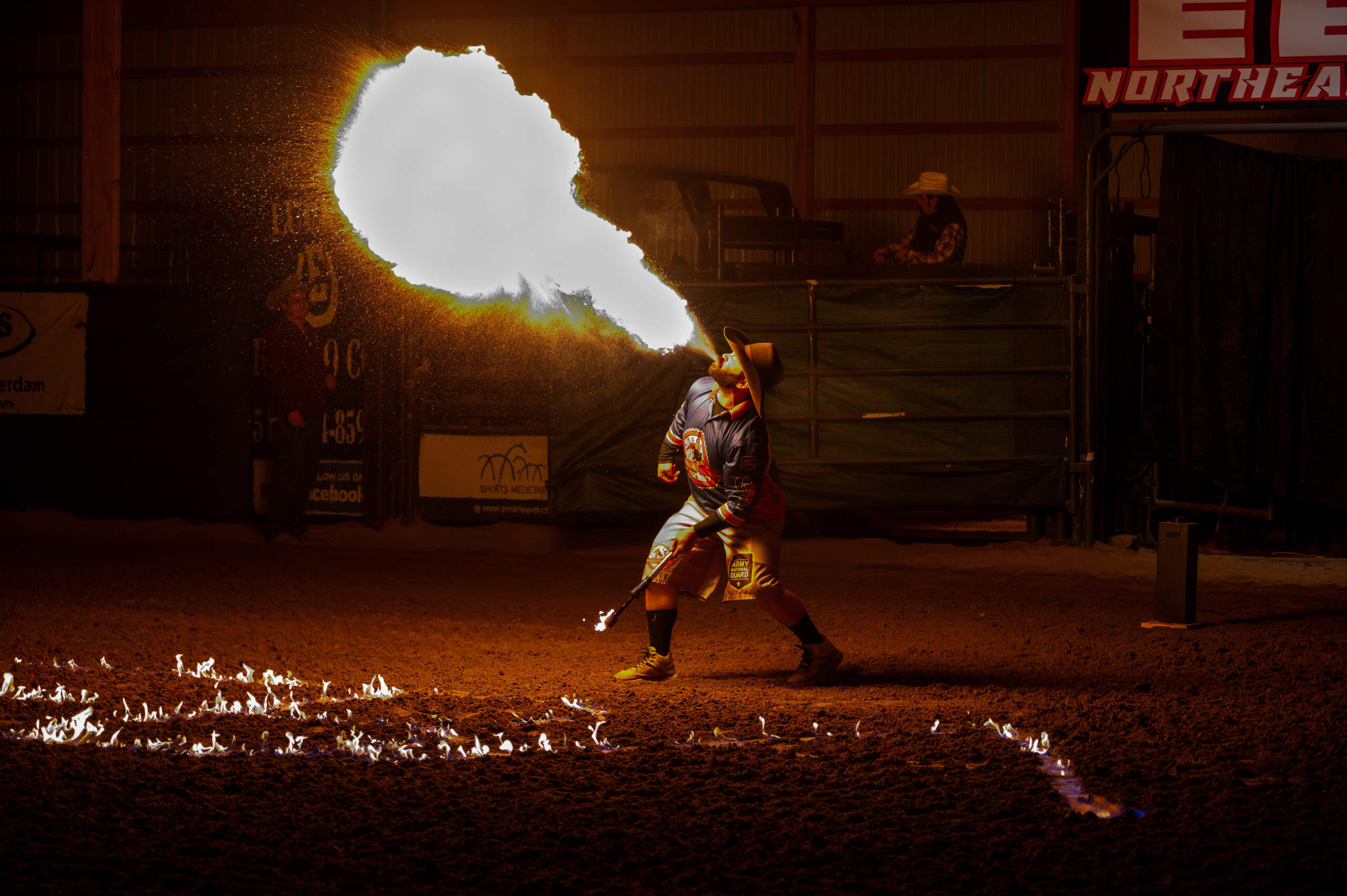Tips for Traveling to Disney World Post COVID-19
By Space Coast Daily // June 18, 2021

As more of the US population is becoming vaccinated, vacation-starved travel enthusiasts are stretching their legs and branching out. In Florida, one of the biggest destination spots is obviously Disney.
Orange County, Florida is in its phase 3 opening stage and maintains standard-based relationships with its theme parks, resorts, and hotel chains to ensure that visitors engage in “healthy travel.” This includes providing vacation guides and planners who can assist you via phone or chat as you plan a safe vacation for your family or friends.
Even if travelers are vaccinated, there are still some precautions that people can take to prevent the spread of Covid (and other diseases).
Traveling to Disney
By Plane
Plane travel is quite safe–the risky area is the airport itself. Planes have the most sophisticated and effective air sanitation system of any public place and are considered by health and sanitation experts to be safer than visiting your local bar. Masks are still required on all public transportation including planes, regardless of your vaccination status.
While in the airport, you are required to keep your mask on. Be mindful of the surfaces you touch and sanitize or wash after touching high-volume surface areas (like handrails).
Face to face unmasked contact (coughing, sneezing, kissing) is still by far the highest risk activity. So, if you keep your hands clean and keep your mask on then you will be able to cut your risk significantly.
Public Transportation
While traveling to your destination via taxi or uber, you must also keep your mask on unless otherwise dictated by your driver. If you are taking a public bus, you must wear a mask.
Traveling By Car
Depending on the length of your car trip, you will want to schedule stops for meals, bathroom breaks, and time for the driver to stretch and relax as well as any hotel stays. Always allow extra time while planning your transit schedule.
Orlando and surrounding areas are often flooded with tourists trying to navigate to their destinations. They are often distracted by their GPS or screaming kids in the car. In unfamiliar territory, these drivers can post a huge hazard. It is best to give them extra space and time so that everyone arrives safely.
Gas Stations
Requirements for face coverings vary by area, but general guidelines provided by the CDC is that fully vaccinated people do not need to wear their mask indoors. However, some businesses will personally opt-out of those guidelines and continue to require masks. If you see a sign on the front entrance of the gas station or restaurant which stipulates that all customers must enter with a mask, you must comply in the same way one would comply with a ‘no shoes no shirt no service’ sign.
Public Restrooms
Many public restrooms on your drive will not meet general hygiene or public safety guidelines. It is common for soap dispensers to be empty or toilet seats unclean. For this reason, it would be a good idea to carry hand sanitizer in your purse or backpack. You may also purchase towel tablets and toilet seat covers to carry in the trunk of your car for such moments, as a general hygiene practice and regardless of your vaccination status.
Disney Hotel Tips
Disney Resort hotels are still reopening. Many of the hotels have limited housekeeping as a health and safety measure for guests. Some rooms or resorts may not be available as reservations as well as access to the park itself is still being limited.
Is The Pool Safe?
Pool water is a combination of water and chlorine, which effectively kills bacteria, algae, dirt, and chloramines. However, masks are not permitted, and pools can invite face-to-face contact with strangers who may or may not be vaccinated. So, maintain social distance as per your personal risk and comfort level.
Are Hotels Offering Continental Breakfast?
Buffets have all but died as a result of covid safety precautions and procedures. Many hotels, however, are offering a ‘grab and go’ style of breakfast that is a pre-packaged version of the traditional continental breakfast. Check with your hotel what they provide, and plan accordingly.
While At Disney World
Park Reservations
Because attendance is still limited, reservations and tickets are required of all park-goers aged three and up.
Sanitation
Cast members are trained on proper sanitation protocol, and all guests have easy access to sanitation stations placed throughout the park.
Face Coverings
Masks are not required for vaccinated people anywhere at Disney World except on their public transportation systems. All face coverings should have two layers, be breathable, and have no holes. Mesh masks, breathing holes or valves, or costume masks are not acceptable.
Unvaccinated people must wear their masks at all times, with the exception of outdoor areas and pool decks. Masks are not permitted on water slides or while in the water.
Restaurants and Food Courts at Disney World
When you arrive at Disney World, you will find that the dining options are limited. Many restaurants and food courts are closed. Some places require reservations to be made before you arrive (up to 60 days in advance) to control the seating and keep it socially distanced.
Day guests to resort restaurants, including those not staying at the resort, require reservations. Even if you do stay at the resort, reservations are still recommended. You can also check walk-in availability on the Disney World mobile app. Some places will also require cashless or contactless methods of payment, such as ApplePay.
Do I Need to Take Extra Precautions?
This depends on your immune vulnerability. Extra precautions are recommended for higher-risk populations, such as the chronically ill, the immuno-compromised, and the elderly. Healthy, non-vaccinated people can often be asymptomatic and transmit the disease–so if you are not vaccinated, continue to wear your mask in public settings or while around vulnerable populations.
The CDC recommends that vaccinated, high-risk populations can safely remove their mask in public, but many people feel safer continuing to wear theirs in public settings.












